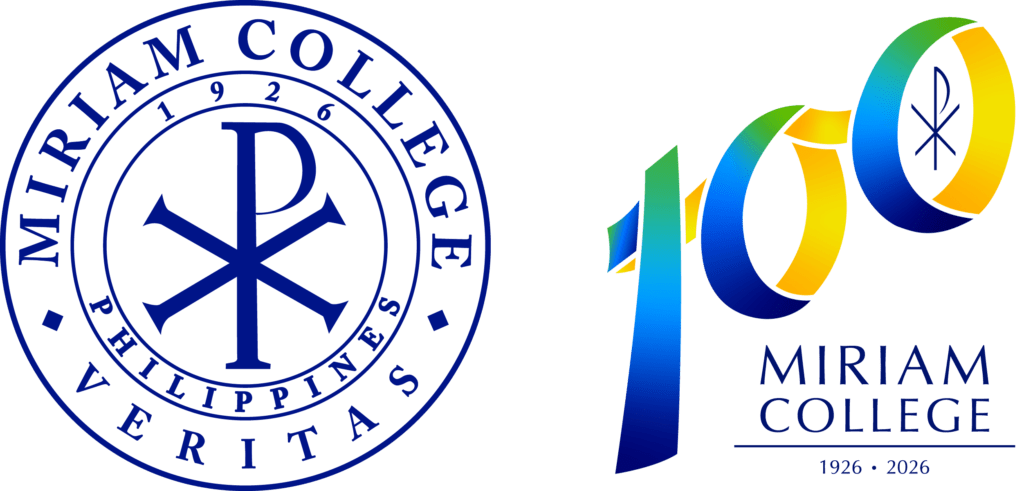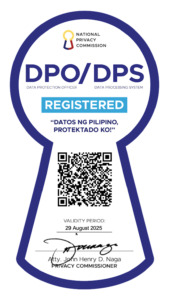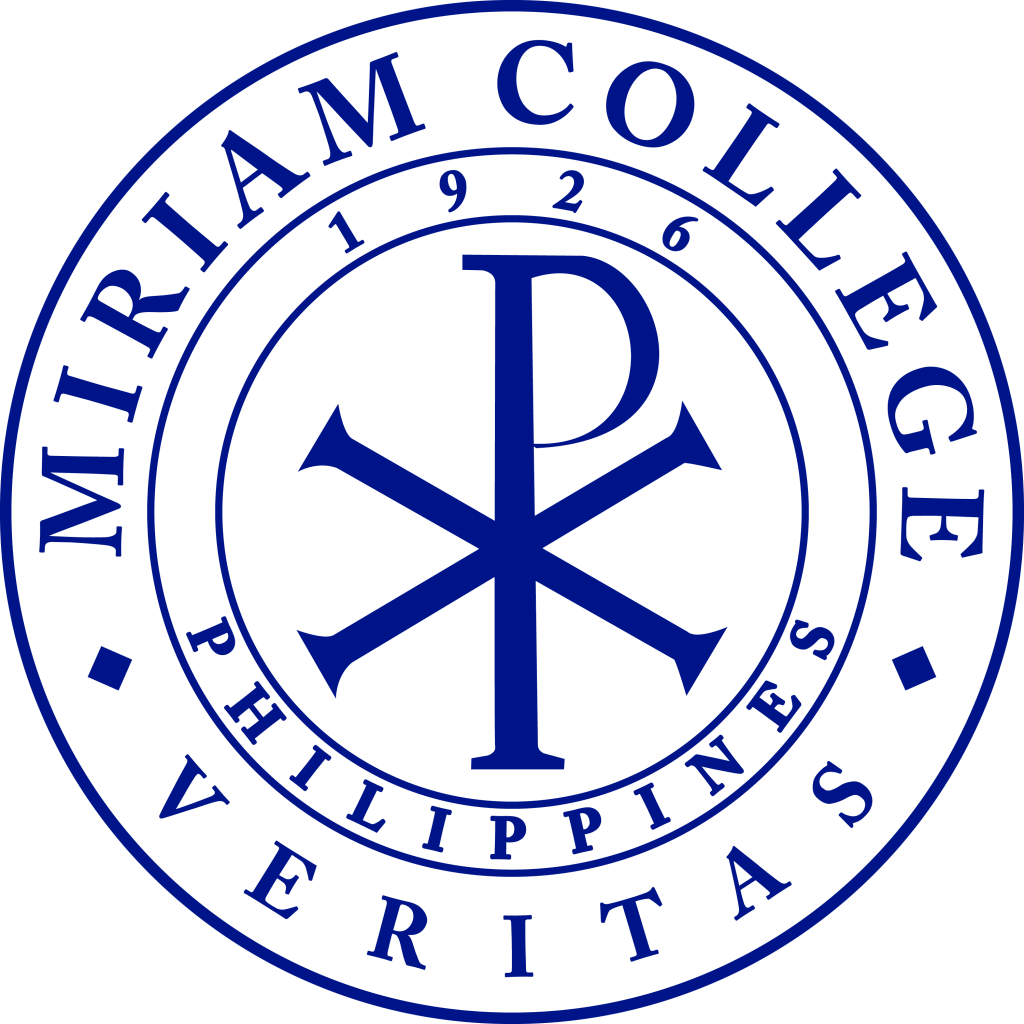MASTER IN
Social Work
The Master in Social Work (MSW) is a research and policy-oriented graduate program intended for social workers and social development practitioners.
Capitalizing on Miriam College’s strong base of international programs and active advocacies on peace, gender and the environment, the MSW program adopts inter-disciplinary, international and critical perspectives that examine how global issues impact on local communities, people and individuals and how diverse and multiple stakeholders at various levels can work together to achieve social justice and national development goals.
Our MSW curriculum is ladderized allowing students the option to enroll first in an 18-unit Graduate Diploma Course in Social Work for 1 year (2 semesters) before continuing to MSW. Classes are offered on a modular basis, taken every Saturday from 8am- 6pm
This program is designed for social workers or development professionals who demonstrate extensive social work/ social development experience. The program is open to applicants who have at least 5 years of relevant social work or social development experience.
Why take up MSW at MC?
The MSW degree will enable graduates to:
- Strengthens the theoretical and ethical grounding of the students’ practice
- Uses research effectively to improve delivery of social services
- Equips students to design social welfare and development policies and programs that are gender responsive, inclusive and sustainable, and aligned with local, national, ASEAN and global priorities
- Give students valuable exposure through publication of their scholarly work in peer-reviewed journals or through paper presentations in national or international conferences
What Will I Study?
You will be able to choose from these 2 tracks: Corporate Social Work and Humanitarian Studies. Below are some of the specialization courses that you will take:
HUMANITARIAN STUDIES
This course covers humanitarian issues and the role of humanitarian actors. It examines humanitarian work from the perspective of human security and an engendered rights perspective
The course focuses on the principles and guidelines for humanitarian protection in complex emergencies. It will cover understanding procedures for emergency relief operations, logistics, coordination, and working in multi-disciplinary teams that include the role of international aid agencies. It will also look into disaster preparedness and response as early warning systems..
CORPORATE SOCIAL WORK
The course covers the concept of corporate social responsibility and its evolution in the field of business; CSR principles, philosophies and values that govern the engagement of corporations in social development work; current and emerging CSR trends and issues; standards, policies and guidelines concerning CSR practices and programs; and roles of multi-stakeholders and their influence in CSR programs.
Examines the roles, responsibilities and mandate of social work practitioners, and how they carry out the helping process in CSR work. It analyzes the ethical and social responsibility issues confronting CSR workers and proposes strategies in dealing with them, guided by social work values, philosophy and ethics.
Total Program Units: 43 units
Relevant knowledge and skills acquired in the workplace may be granted their equivalent weight in academic units upon evaluation of the Program Chairperson.
Standard Completion Time: 2 years
Career
Social work is a hard-to-fill and in-demand job in the Philippines and in many parts of the world, including the Asean region. As more people in different parts of the world are affected by adverse impacts of climate change, human-induced disasters, armed conflicts and political and economic crises, more social workers are needed to provide expertise and leadership to respond to the needs of vulnerable sectors and to ensure their welfare and well-being. Emerging social work job opportunities include working in the corporate sector, in foreign and diplomatic services and humanitarian affairs.
The passage of Republic Act 10912 or the Continuing Professional Development (CPD) Law also provided an impetus for Miriam College to open the new program. This law requires all social workers in the Philippines to earn 45 CPD points for the renewal of their professional license done every three years, and a master’s degree automatically meets these required points for social workers.





